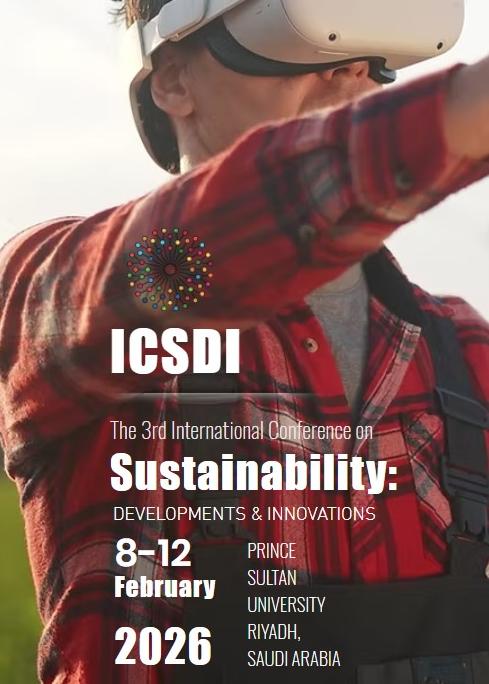International Journal of Digital Literacy and Digital Competence
IJDLDC
- URL: https://www.igi-global.com/submission/submit-manuscript/?jid=1170
- Call For Paper Type: Regular
- H2 Index: 0
Educational Technology Library & Information Science Foreign Language Learning Early Childhood Education Education Educational Technology Higher Education Library & Information Science Science & Engineering Education Social Sciences (General)
The International Journal of Digital Literacy and Digital Competence (IJDLDC) creates and develops a common framework for the analysis of computer proficiency and digital competence. This journal proposes new instruments for everyday instruction, without excluding lifelong learning and the more general problem of community and social knowledge, and suggests complete integration of digital literacy and digital competence in youth. Providing the latest technological advances, theories, instruments, and experiences for the introduction of digital literacy in schools and society, the journal creates a common space for the discussion on digital literacy and digital competence between research and policy and provides support to local, national, and supranational structures for the enhancement of electronic education. The journal also pays special attention to the influence that new learning spaces have in youth education and to the connection between citizenship and digital education instruments, focusing on social networking, socio-technologies, collaborative learning environments and strategies.
Coverage:
- Collaborative Learning Environments
- Computer competence
- Computer literacy
- Definitions/features for digital literacy and digital competence
- Digital competence assessment
- Digital divide and digital literacy
- Digital literacy in developing countries
- Digital literacy in the large, as a need for corporate and organizations in their knowledge management strategies
- Digital literacy, digital competence, and diversely able people
- Digital literacy, digital competence, and e-citizenship
- Digital literacy, digital competence, and e-government
- Digital literacy, digital competence, and lifelong learning
- Digital literacy, digital competence, and multicultural society
- Digital literacy, digital competence, and personal knowledge management
- Digital literacy, digital competence, and personal learning environments
- Digital literacy, digital competence, and the net generation
- E-Learning
- Frameworks for digital literacy and digital competence analysis
- Interaction of digital literacy and digital competence with a social-technical approach to MIS use
- Interaction of digital literacy and digital competence with communities of practice
- Interaction of digital literacy and digital competence with computer science education
- Interaction of digital literacy and digital competence with construction of learning environments
- Interaction of digital literacy and digital competence with information systems
- Interaction of digital literacy and digital competence with knowledge management
- Interaction of digital literacy and digital competence with learning organizations
- Interaction of digital literacy and digital competence with new teaching paradigms
- Interaction of digital literacy and digital competence with psycho-pedagogical paradigms
- Interaction of digital literacy and digital competence with school curricula
- Interaction of digital literacy and digital competence with social networking
- National and international initiatives for digital literacy
- National and international policies for digital literacy
- New technologies in education
- Social Networks
- Socio-technologies
- Teacher profession/updating
- Teaching Practices
- Ubiquitous Computing
- Virtual Classrooms
- Virtual Learning Environments
- Web Technologies














